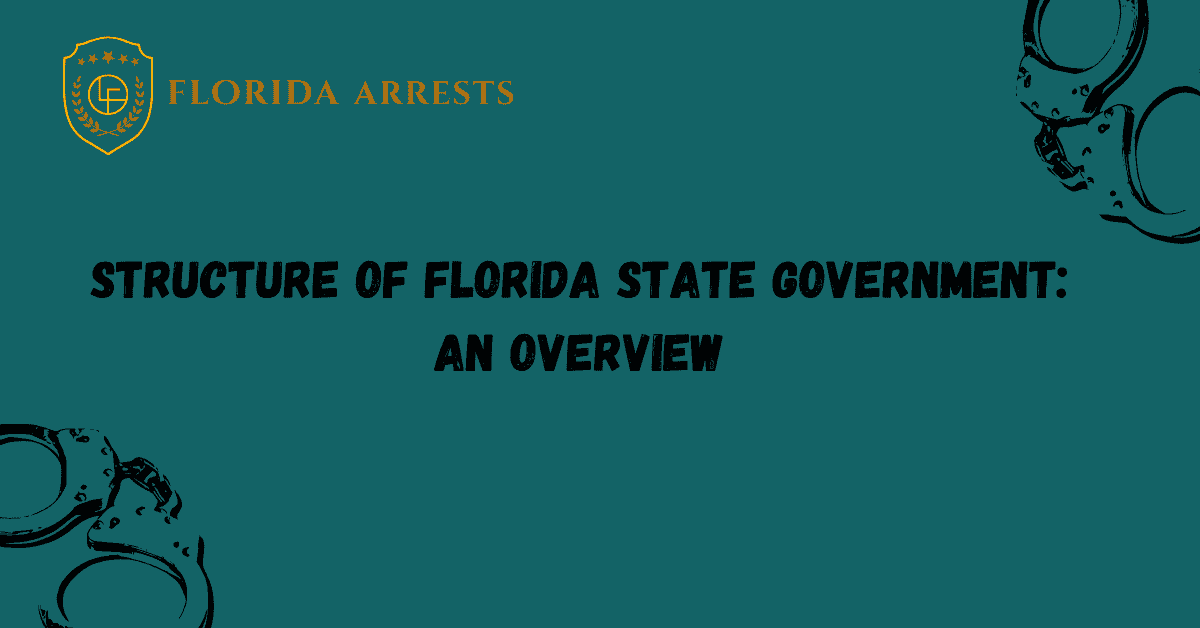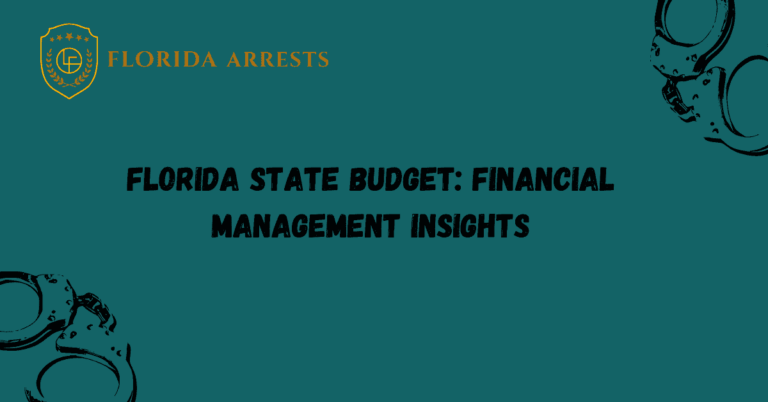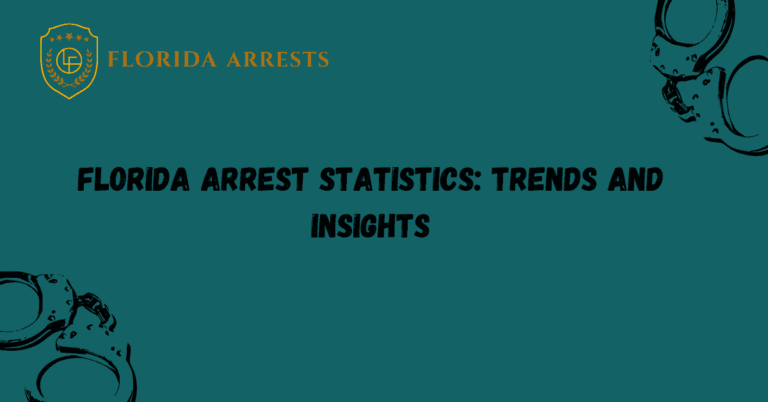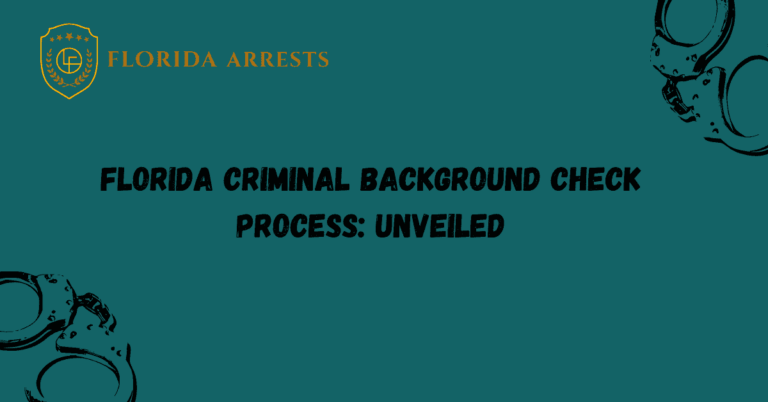Structure of Florida State Government: An Overview
Florida’s state government operates under a structure that is designed to ensure efficiency, transparency, and accountability. The government is divided into three branches: the executive, legislative, and judicial branches. Each branch has its own distinct roles and responsibilities, but they work together to serve the interests of the people of Florida.
The executive branch is headed by the governor, who is elected by the people of Florida. The governor is responsible for implementing and enforcing the laws of the state. They also have the power to veto legislation passed by the legislative branch. The executive branch also includes various departments and agencies that are responsible for carrying out specific functions, such as education, transportation, and healthcare.
Legislative Branch
The legislative branch of Florida’s state government is responsible for making and passing laws. It consists of two houses: the Senate and the House of Representatives. The Senate is made up of 40 members, each representing a specific district within the state. The House of Representatives is composed of 120 members, with each member representing a specific district as well.
Both the Senate and the House of Representatives have the power to introduce and vote on legislation. They also have the authority to investigate issues and hold hearings. The legislative branch plays a crucial role in representing the interests of the people of Florida and ensuring that laws are fair and beneficial to the state as a whole.
Judicial Branch
The judicial branch of Florida’s state government is responsible for interpreting and applying the laws of the state. It consists of various courts, including the Supreme Court, district courts of appeal, circuit courts, and county courts. The Supreme Court is the highest court in the state and has the final say on legal issues.
The judicial branch ensures that justice is served and that the rights of individuals are protected. It plays a crucial role in resolving disputes, interpreting the law, and upholding the principles of fairness and equality.
Executive Branch
The executive branch of Florida’s state government is headed by the governor, who is elected by the people of Florida. The governor is responsible for implementing and enforcing the laws of the state. They have the power to veto legislation passed by the legislative branch if they believe it is not in the best interest of the state.
In addition to the governor, the executive branch also includes various departments and agencies that are responsible for carrying out specific functions. These departments and agencies, such as the Department of Education, Department of Transportation, and Department of Health, play a vital role in providing essential services to the people of Florida.
Efficiency, Transparency, and Accountability
Florida’s state government operates under a structure that is designed to ensure efficiency, transparency, and accountability. These principles are crucial in maintaining a government that serves the interests of its people.
Efficiency ensures that resources are utilized effectively and that government services are delivered in a timely manner. Transparency promotes openness and allows the public to have access to information about government actions. Accountability ensures that government officials are held responsible for their actions and are answerable to the people.
By incorporating these principles into its structure, Florida’s state government strives to provide the best possible services and representation to its residents.
FAQs
What is the structure of the Florida State Government?
The Florida State Government is structured in a way that consists of three branches: the executive, legislative, and judicial branches. Each branch has its own unique roles and responsibilities.
What is the role of the executive branch in the Florida State Government?
The executive branch is responsible for enforcing laws and managing the day-to-day operations of the state. The Governor is the head of the executive branch and is responsible for making important decisions and implementing policies.
What is the role of the legislative branch in the Florida State Government?
The legislative branch is responsible for making and passing laws. It consists of the Florida Legislature, which is divided into two chambers: the Senate and the House of Representatives. They work together to create, debate, and pass legislation that affects the state and its residents.
What is the role of the judicial branch in the Florida State Government?
The judicial branch is responsible for interpreting and applying the laws of the state. It consists of various courts, including the Florida Supreme Court, which is the highest court in the state. The judicial branch ensures that laws are interpreted fairly and that justice is served.
How are government officials in Florida elected?
In Florida, government officials are elected through a democratic process. The Governor, members of the Legislature, and other state officials are elected by the citizens of Florida through general elections. This allows the people to have a voice in choosing their representatives.
How does the Florida State Government impact the lives of its residents?
The Florida State Government plays a crucial role in the lives of its residents. It is responsible for providing essential services such as healthcare, education, transportation, and public safety. It also sets policies and regulations that affect various aspects of daily life, such as taxes, business regulations, and environmental protection.







